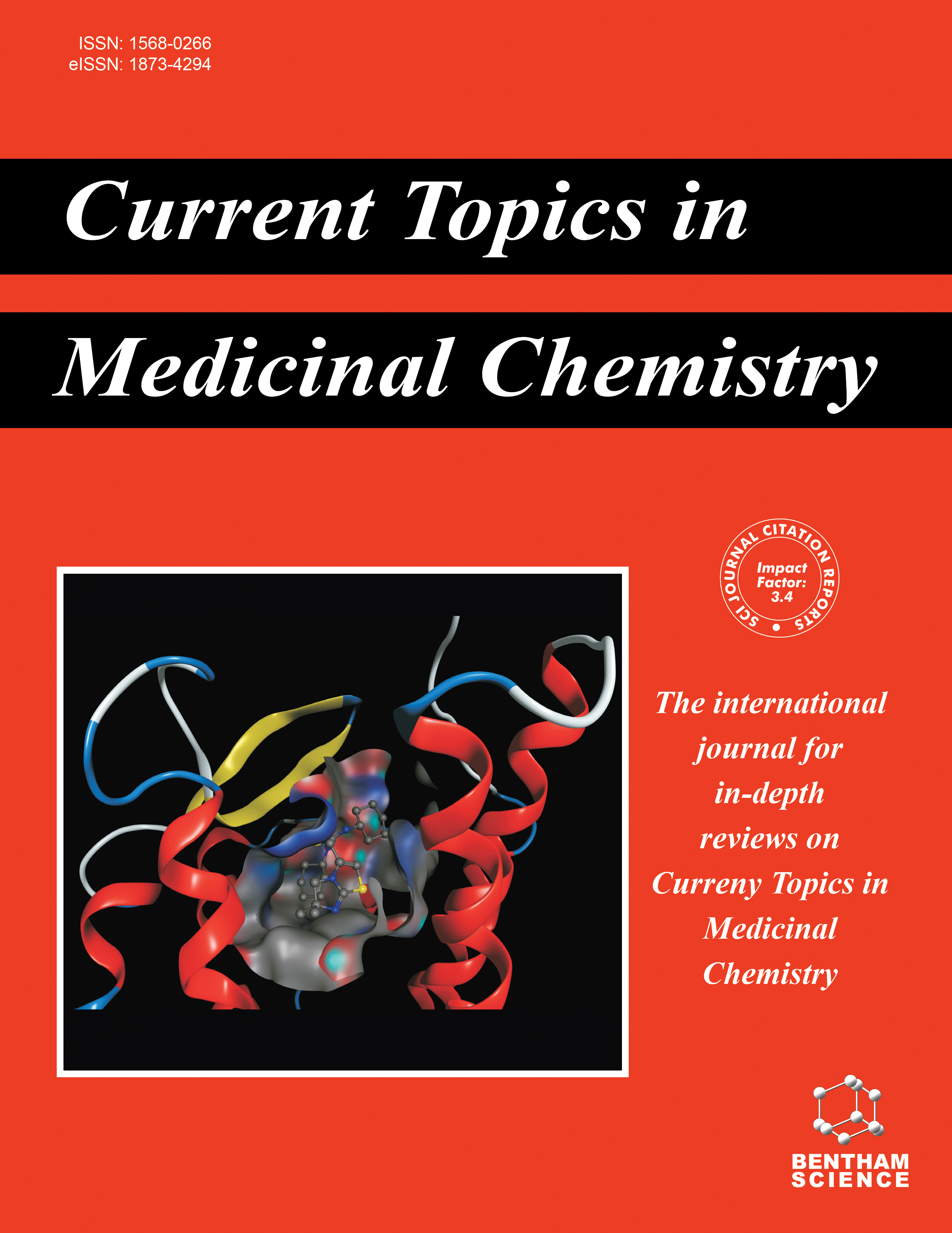
Full text loading...

Non-Steroidal Anti-Inflammatory Drugs (NSAIDs) are one of the most widely prescribed medications in the world, yet their applications as anti-inflammatory, analgesic, and anti-pyretic drugs remain principally restricted by their detrimental effects on the gastrointestinal tract (GIT) systems. The prodrug approaches have substantially combated the drawbacks of currently available marketed NSAIDs and also showed increased activity.
In the present study, an extensive literature review on mutual prodrugs of NSAIDs with natural antioxidants has been presented.
Different databases like ScienceDirect, Elsevier, PubMed, Google Scholar, etc. were used for an extensive search of articles related to NSAIDs, prodrug concepts, as well as research based on all of the NSAIDs-prodrug molecules prepared to date.
Recent developments in prodrug design have been explored that utilize naturally occurring antioxidants, including Thymol, Guaiacol, Menthol, Eugenol, Sesamol, Vanillin, and Umbelliferon, for the synthesis of mutual prodrugs by esterification methods. Many studies have shown that these prodrugs have significant stability in acidic pH while hydrolyzing in neutral and alkaline pH environments. This indicates their potential as advantageous therapeutic agents with enhanced safety profiles.
The mutual prodrug strategy offers a chance in medicinal chemistry to enhance the therapeutic and clinical efficiency of a drug that has certain unfavorable qualities that limit its clinical utility. This review enlightens mutual prodrugs of NSAIDs and antioxidants that are less harmful and beneficial to mankind, respectively.

Article metrics loading...

Full text loading...
References


Data & Media loading...